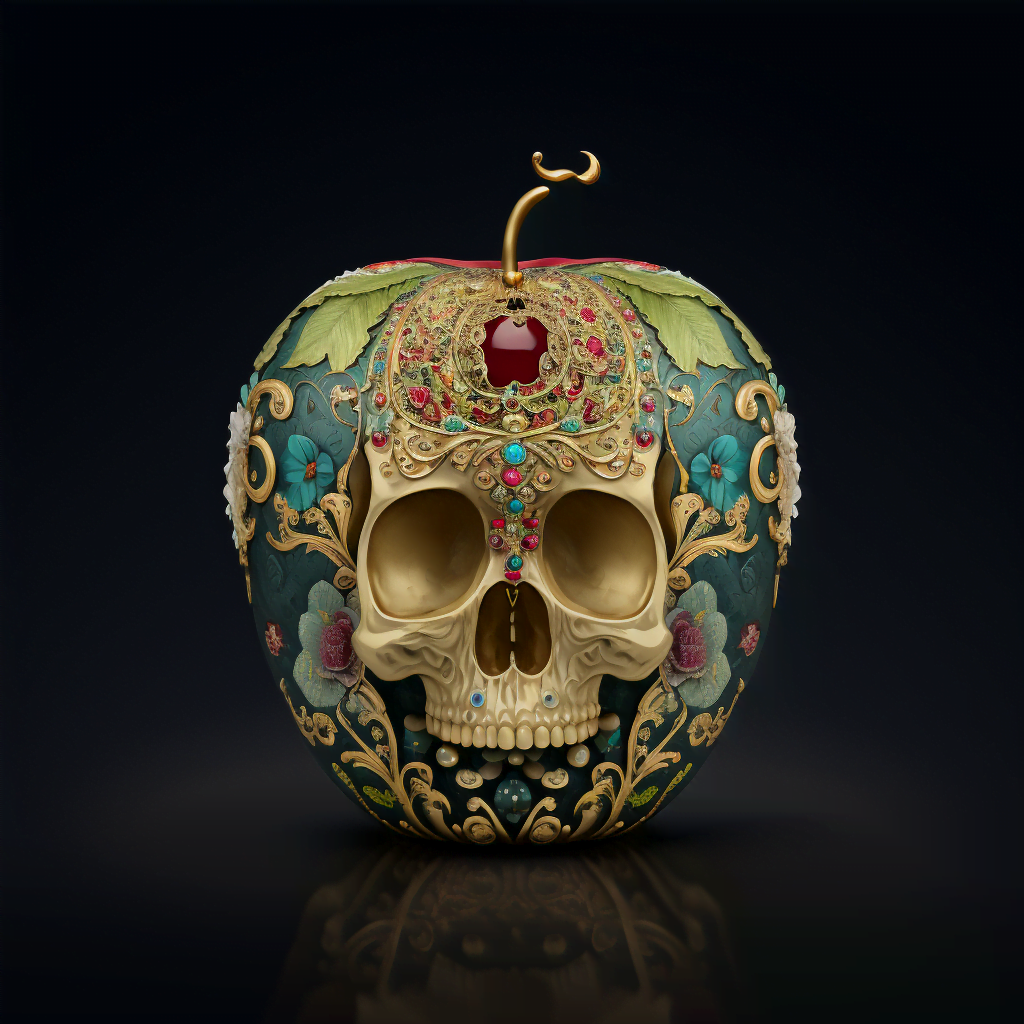The woman said to the serpent, “We may eat fruit from the trees in the garden, but God did say, `You must not eat fruit from the tree that is in the middle of the garden, and you must not touch it, or you will die.'”
Genesis 3:2-3
The “forbidden fruit” in the story of Adam and Eve in the Bible’s book of Genesis is often seen as a metaphor for temptation and the consequences of giving into it.
In the story, God had made the Garden of Eden and placed Adam and Eve there to live. God told them they could eat fruit from any tree in the Garden except one special tree. However, a snake came and tempted Eve to eat the fruit from the special tree, saying it would make her wise. Eve was tempted and decided to eat the fruit, and she also gave some to Adam, who ate it too.
After eating the fruit, Adam and Eve realized they had done something wrong and felt guilty and ashamed. They had disobeyed God’s rule not to eat from the special tree, and this act is known as the “Original Sin” in the Bible.
The metaphor of the forbidden fruit represents the temptation to do something that we know is wrong or against the rules, even though we know it might have consequences. It can also represent the idea of knowledge and the choices we make when faced with difficult decisions.





